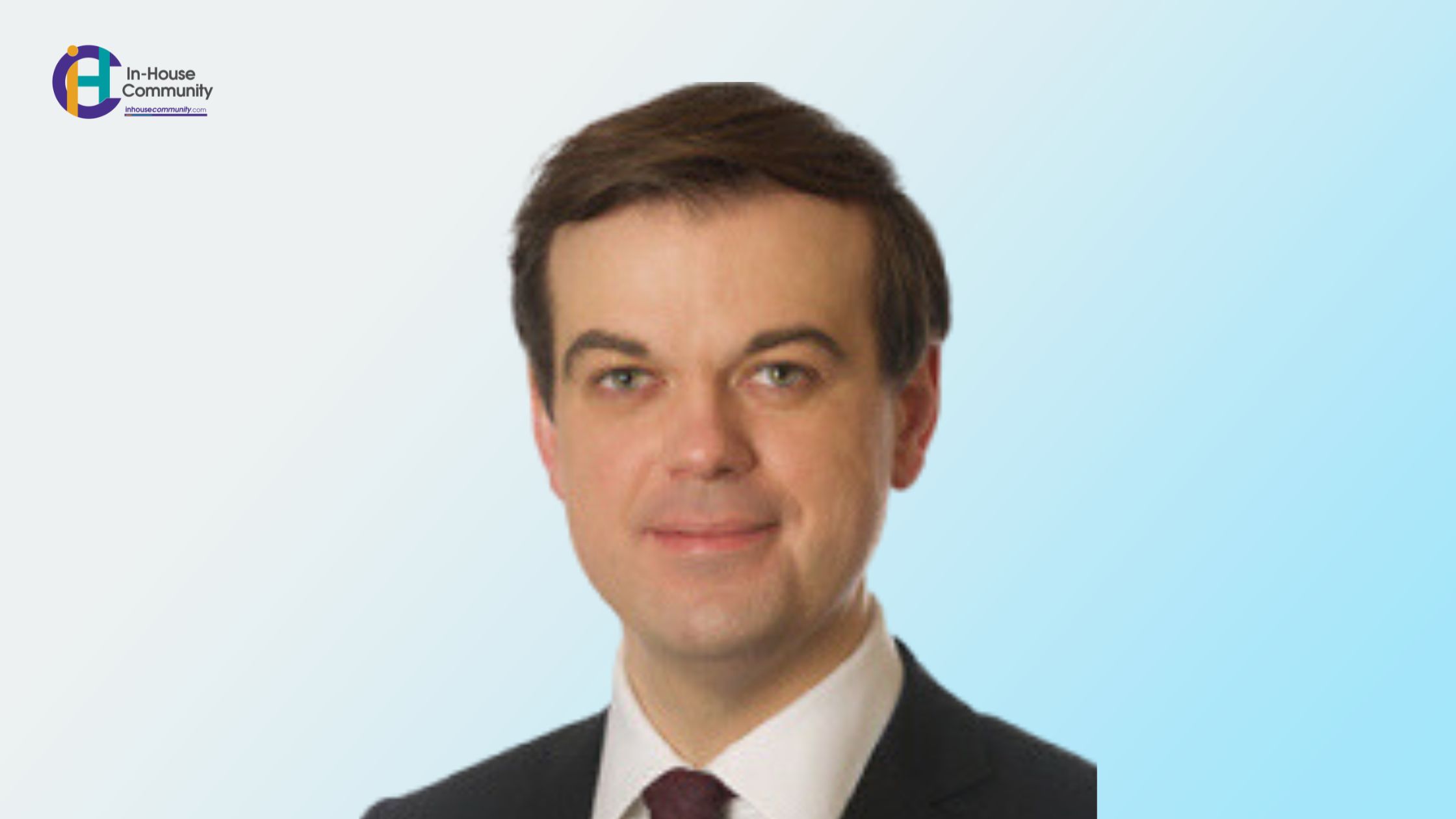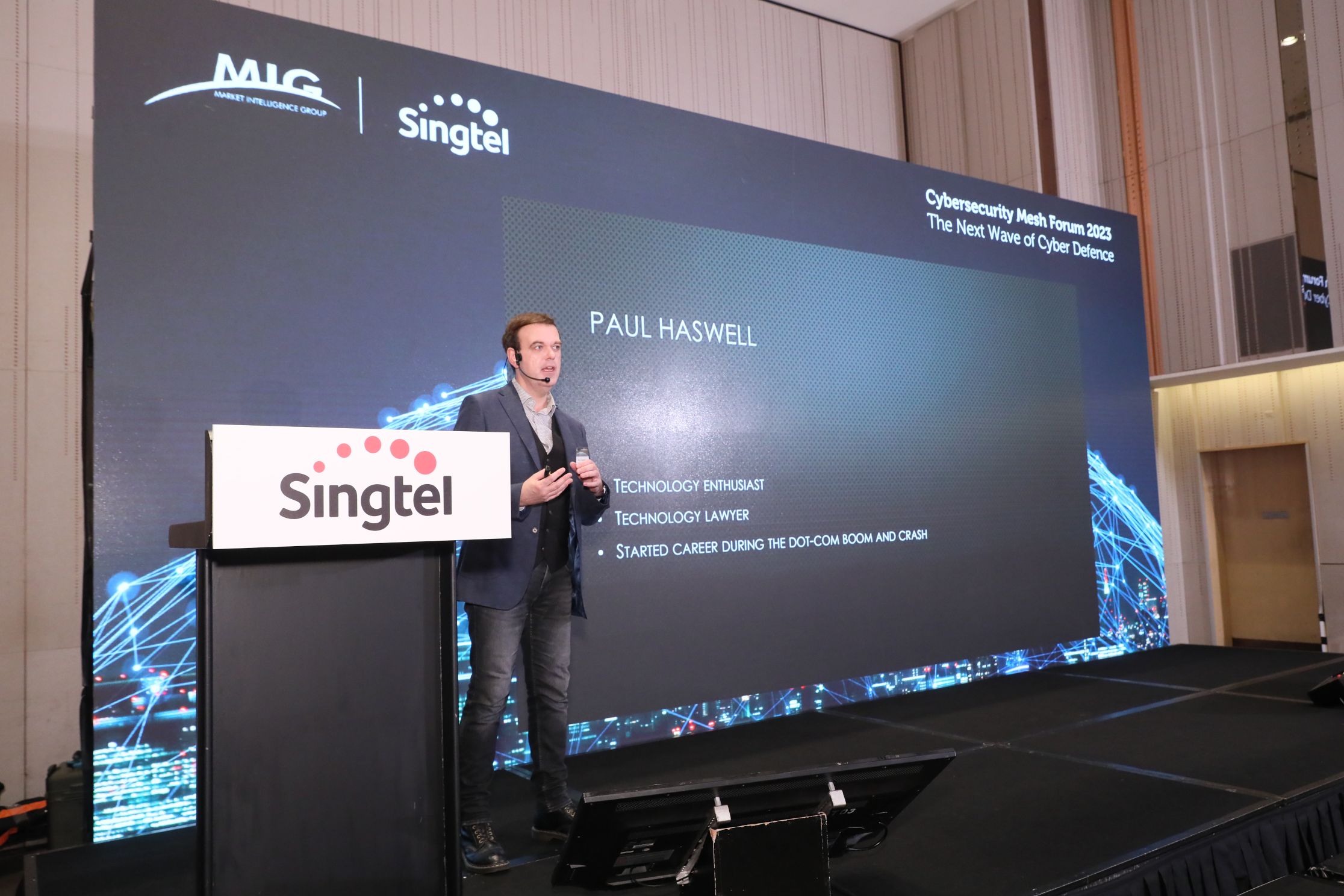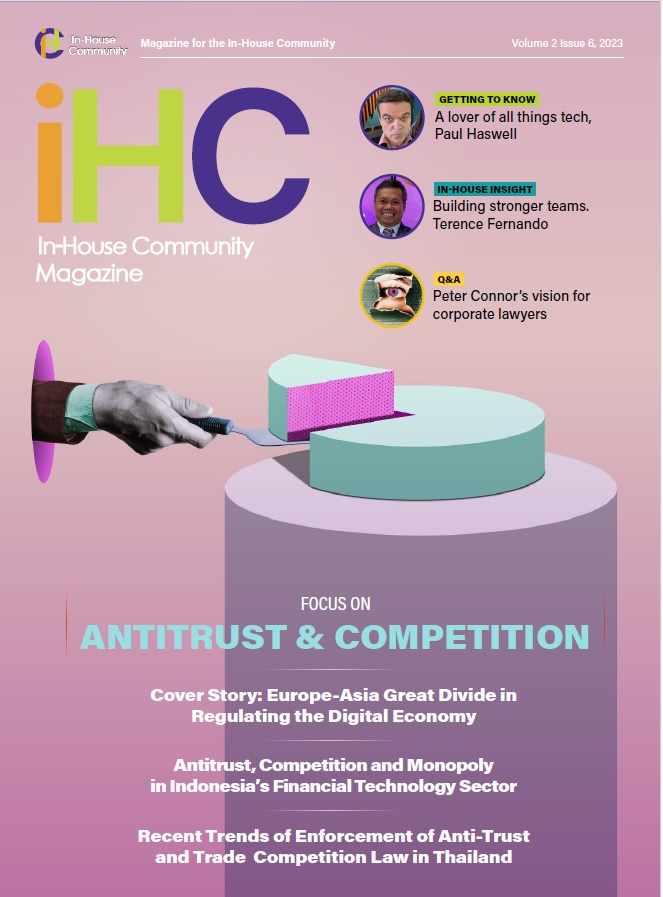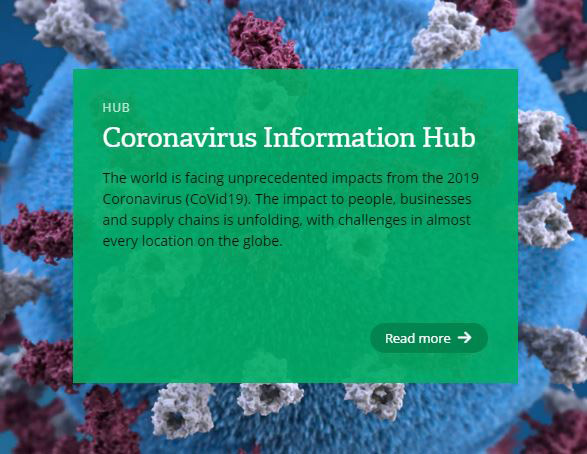A lover of all things tech, Paul Haswell is a highly-regarded TMT focused lawyer, most recently as a Partner with Seyfarth Shaw in Hong Kong. He is also a ‘tech and law’ podcaster, but residents of the city are as likely (or perhaps more so) to know him for his other main passion, music. Haswell has a long running stint spinning the discs on RTHK’s ‘Sunday Escape’ radio programme, and as a club and podcast DJ with Clockenflap, both of which he fulfils with his ‘Crimes Against Pop’ partner, Carolyn Wright. Tim Gilkison recently spoke to Haswell about his journey in law, the importance of mentorship, AI, new music…oh, and time travel!

K&L Gates Welcomes Hong Kong Technology Partner
Which came first, your love of technology or an interest in the law?
Technology, by quite a long way. When I was very young I had three main interests: computers, science fiction, and music. Bear in mind that this was during the very early 1980s, so my interest was being stoked by Star Wars, Star Trek and Doctor Who, the Atari 2600 and then Commodore 64, and whatever I could hear on the radio at the time or find to play on my rather battered hand-me-down record player.
I got my first computer (the aforementioned Commodore 64) in about 1984 and spent most of my childhood using it for rudimentary programming, games, and for some reason I even thought that doing my homework using it was exciting. That began my love of computers and technology in general, and ever since then I have been obsessed with new gadgets, the use of tech, and perhaps most importantly the excitement of seeing so much of the fictional technology I was obsessed with years ago becoming a reality today.

The interest in law came much later. I essentially wasn’t sure what to do at university, and as a child I’d boasted to my parents that I would go to Oxford after seeing it on television. I’d gone to state comprehensive schools, so my claims were met with disbelief. But, in the mid-nineties one of my teachers convinced me to apply to a college at Oxford, which welcomed state-school applicants to study law, and to my surprise (and the surprise of everyone else) I was offered a place.
Weather aside, what brought you from the UK to Hong Kong?
I was actually sent to Hong Kong in 2007 by the firm I was working with at the time (Pinsent Masons) to work on a major legal matter involving 3G networks in Hong Kong. At the time I’d never been to Asia, let alone Hong Kong, and I remember being quite disgruntled as I’d joined that firm in order to spend more time in London to focus on DJing.
Within 24 hours of arrival, however, I’d fallen in love with Hong Kong (except for the humidity perhaps). Bar a three-yeartrip to Norway to work on a big technology dispute, I have been in Hong Kong ever since. It’s definitely home to me now.

Haswell with Carolyn Wright preparing for RTHK’s Sunday Escape
How important has mentorship been in your career? Are there any mentors who stand out for you, and how did they help you?
I’ve always been fiercely (stubbornly) independent in my career, but there have been two legal mentors who have shaped my career and without whom I would not be here today. The first is Jeffrey Hackney, my tutor at Wadham College, Oxford, who gave me my place at university and always impressed me with his passion for the law, incredible knowledge and wit, and the time he had for his students. I’m very much indebted to both him and Wadham College for my position today.
The second mentor is Vincent Connor, who was a fellow partner of mine at Pinsent Masons. He was a larger than life Scot who came to Hong Kong around the same time as me and put his heart and soul into everything he took part in. He was the heart of the Hong Kong office and a constant source of guidance and advice. He was also a big fan of Star Trek and Doctor Who (to the point of asking colleagues to “make it so”), which of course we bonded on. He also founded the office band “The Basic Lawyers”, in which he sang and played drums, and a band I was lucky enough to sing in from 2019. We even made it to Wembley (well, the Wembley Hilton)!
Vincent sadly passed away in 2021 and it was a massive shock to me and I think the wider legal community. I still very much miss him and his wit and advice today.

Haswell raising the tent roof at Clockenflap Music Festival
How would you define your practice now, and what do you think you personally offer clients?
I like to think of my practice as one of a technology enthusiast who also just happens to be a lawyer, meaning that as a tech lawyer I have real passion for the area in which I work as well as expertise in the law.
I first started advising clients on technology matters, both non-contentious and contentious, back in 2003. As a result, I have been fortunate enough to work on issues relating to websites, rollout and procurement of IT systems (and sometimes failed systems), tech sanctions, tokenisation and cryptocurrency, NFTs, and most recently artificial intelligence. I’ve also been lucky enough to work on some major technology disputes that have been resolved through litigation, arbitration and mediation.
This means that for technology focused and non-technology focused clients alike I have years of experience, commercial knowledge, and best of all an understanding and passion for my practice area which has been with me my entire life. I also have a team of likeminded individuals who share my enthusiasm and passion, although I fear I am the biggest nerd of the bunch!
Your most recent ‘Tech and Law’ podcasts were entitled “The Dark Side of AI… should we be afraid?” And “Should AI be regulated? Can it be?”. In brief, should we, should it, and can it?
You may have seen the recent petition calling for a six-month moratorium on the development of generative AI. The concern I think is not just the impact that AI is going to have on people’s jobs and livelihoods, with a considerable number or roles likely becoming obsolete, but that the developments in AI could lead to an autonomous artificial general intelligence, one that can decide and act on its own initiative without input from a human. The issue then, as any sci-fi fan will know, is the risk that the AI could decide to kill humans or indeed destroy or enslave all life, leading us to the sort of scenario we see in the Terminator movies or 2001: A Space Odyssey, or it could even accidentally destroy life by wiping put humanity in the pursuit of a badly stated goal (for example, if we asked an all-powerful AI to stop climate change then the quickest path to that might be to create a virus to kill all humans).
For such reasons, and in light of such extreme examples, the regulation of AI is desirable, and I think we should be regulating against the negative impacts that the use of AI can have and already has on people’s lives (think of automated decision making). Sadly though, unless we have some sort of global consensus on what we can and cannot do with AI, seeing it as a potential weapon of mass destruction, then any regulation will fail and those who have no limits on what they can do with AI will dominate over those who have to operate within such limits. It’s all both very exciting and very scary at the same time.
What do you think will be the impact of AI and platforms like Chat GPT on corporate legal practice, both external and in-house over the coming few years (or should that be months)?
It is already proving to be transformative. We’re all already going to be seeing AI come to Microsoft 365 as it rolls out its Office Co-pilot, but for lawyers whether they are in-house or external counsel the use of AI should help to reduce or eliminate a lot of the mundane drafting, research and due diligence tasks that so many lawyers (especially junior lawyers) tolerate rather than enjoy.
The concern here of course is that this could leave these junior lawyers without jobs. I think this could be true for some paralegal and research focused lawyers (although I would not expect these roles to be eliminated immediately). We may see an end to the days of small armies of paralegals working on mammoth due diligence or discovery tasks, but I would hope those paralegals instead get to enjoy the more intellectually stimulating part of being a lawyer, which is meeting clients and giving good commercial advice. I still remember the months I spent as a trainee solicitor stamping page numbers on to discovery bundles, and I can’t say I learned very much (beyond how to stamp page numbers). Plus photocopiers now do a better job of that than I ever did.
How did the DJ’ing start, and what gives you the bigger thrill: hearing a new piece of music you love, or playing it on the radio?
If you exclude me DJing to my parents on a Fisher Price toy record player aged about three then I first started at university. I’d always been a big music fan, and grew up in a house where there was always music playing, but when I was in my teens I got heavily into independent music from listening to John Peel on the radio and so by the time I reached university I had a decently sized record collection. I started going to indie discos and by 1996 I’d got DJ slots at them and it all snowballed from there. After university, I started running my own club nights and putting on bands, which I thought I would give up when I moved to Hong Kong.
Of course, I didn’t. Shortly after arriving in Hong Kong, I was asked if I knew anyone who could DJ at a Halloween party and I volunteered. From there, I’ve ended up DJing at events across Asia, and of course hosting a weekly new music show on the radio.
As to what gives me the biggest thrill, it’s impossible to say. I love discovering new artists and their music, and was enthralled to hear newer artists such as CMAT, Wet Leg and most recently The Last Dinner Party. But I also love being able to introduce those artists to an audience who otherwise may never have heard them via the radio.
You claim to have one of the biggest vinyl record collections in Hong Kong. Surely as a lover of tech you should have dropped the needle for streaming by now?
I currently have over 17,000 records, which is a bit of a challenge living in a small Hong Kong apartment. I do actually use streaming services to listen to new music, but make a point of buying any new music that I like and play when DJing. I do this in order to make sure the artist gets paid a decent amount for my support in light of the pitiful sums that smaller artists make on streaming platforms.
Of course, this usually means buying the artists’ new records on vinyl if they are available, and so the record collection tends to increase in size week by week…

An Adventure in Space and Time
Finally, your LinkedIn profile picture has you standing in front of a large blue 1960’s UK police call box. As any fellow ‘Whovian’ (fan of the longrunning BBC sci-fi show, Doctor Who) will know, this is the disguise for the doctor’s time travelling spaceship, The TARDIS.
What piece of sci-fi technology, not yet invented, would you most like to get your hands on?
I am a huge Doctor Who fan and have even been known to dress in Doctor Who cosplay from time to time. My profile picture was taken at the GREAT Festival of Innovation in Hong Kong, where for some reason they had transported the Doctor Who TARDIS prop.
Anyway, as will come as no surprise the technology I would like is indeed a TARDIS or time machine. I am fascinated by time travel, and how things can work out based on actions taken in the past, and so not only loved Doctor Who but also shows and movies such as Quantum Leap, 12 Monkeys, Primer, Back To The Future, and Predestination. A TARDIS would also of course let me travel into the future to see if AI really will wipe us all out!
This article is from:



















